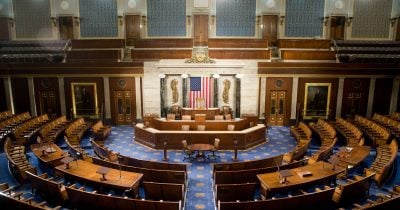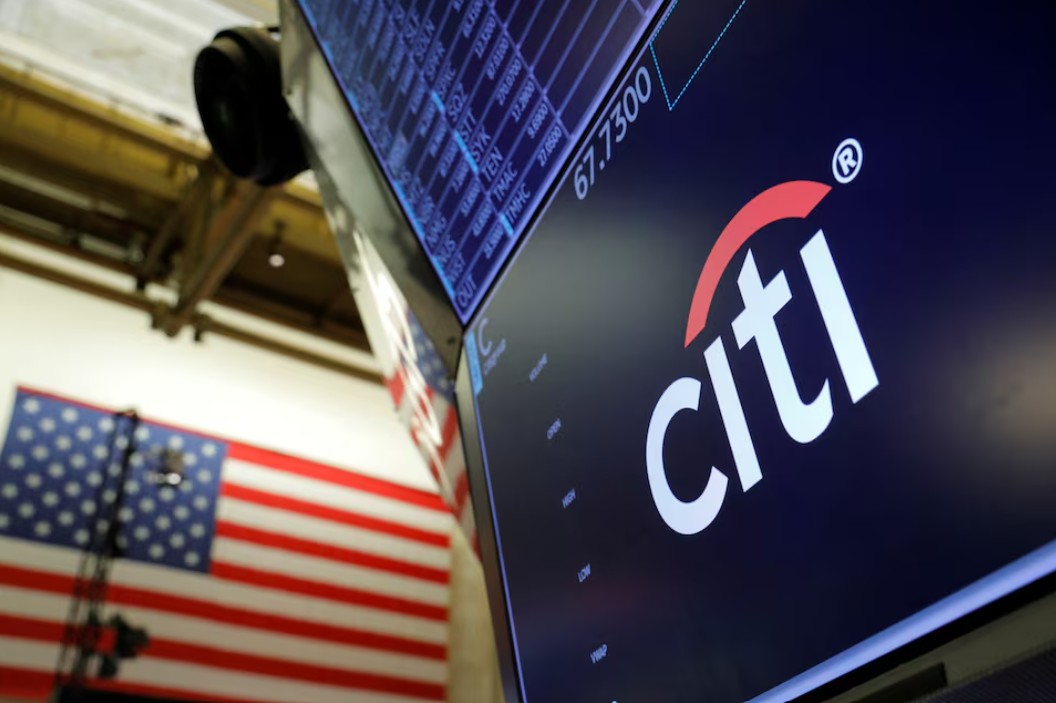Source: CentBit.Online – Crypto & Blockchain Expert Bangladesh
In a major blow to the U.S. cryptocurrency industry and digital asset advocates, the U.S. House of Representatives has failed to advance three critical crypto-related bills: the Crypto Genius Act, the Clarity for Digital Assets Act, and the Anti-CBDC Surveillance State Act. The legislation fell short after a highly contentious vote, with 210 Democrats and 13 Republicans opposing the motion to proceed.
Key Details
Despite growing public and institutional interest in blockchain innovation, the proposed bills failed to secure enough bipartisan support to move forward. Here’s a breakdown of the three stalled initiatives:
Crypto Genius Act
Aimed at establishing a crypto-friendly innovation zone in the United States, this act proposed regulatory sandboxes, tax incentives for blockchain startups, and simplified licensing for Web3 entrepreneurs. Supporters said it would drive U.S. leadership in crypto innovation, while critics called it under-regulated and risky for consumers.
Clarity for Digital Assets Act
This bill sought to resolve one of the industry’s most persistent issues: whether digital assets are securities or commodities. It would have given the Commodity Futures Trading Commission (CFTC) broader oversight over most cryptocurrencies, limiting the SEC’s authority. Opponents feared the act would weaken investor protections and create regulatory loopholes.
Anti-CBDC Surveillance State Act
Perhaps the most divisive of the three, this legislation aimed to block the Federal Reserve from developing or launching a central bank digital currency (CBDC). It echoed growing privacy concerns among conservative lawmakers and crypto advocates, who see CBDCs as tools of financial surveillance. However, opponents argued that banning CBDCs outright could harm U.S. competitiveness in the global digital economy.
Vote Outcome: Partisan Lines Drawn
The vote breakdown was starkly partisan:
-
210 Democrats opposed the package, citing financial risk, consumer harm, and regulatory capture by crypto interests.
-
13 Republicans broke ranks with their party to vote against the bills, mainly over national security and economic concerns.
-
A Republican-led majority was not enough to push the bills past procedural hurdles.
Reactions from the Crypto World
Crypto proponents expressed deep frustration:
Cynthia Lummis, U.S. Senator and crypto advocate, posted:
“America just passed up a golden opportunity to lead on digital innovation. This is not over.”
Brian Armstrong, CEO of Coinbase, said:
“The House’s failure to advance basic regulatory clarity is disappointing. Entrepreneurs and innovation will move offshore if this continues.”
However, critics of the crypto industry welcomed the result:
Senator Elizabeth Warren commented:
“This was the right move. We cannot let the crypto industry write its own rules while putting consumers, markets, and national security at risk.”
What This Means Going Forward
The failure to advance these three key bills signals ongoing uncertainty for U.S. crypto regulation. With the 2026 midterms approaching, digital asset policy is becoming a flashpoint between parties. While Republicans push for innovation and decentralization, Democrats remain focused on oversight, stability, and risk prevention.
Unless consensus emerges, the U.S. risks falling behind jurisdictions like the EU, UAE, and Singapore, which are rapidly implementing comprehensive digital asset frameworks.
Stay informed with CentBit.Online – Crypto & Blockchain Expert Bangladesh for the latest updates on crypto legislation, market trends, and blockchain breakthroughs around the world.





